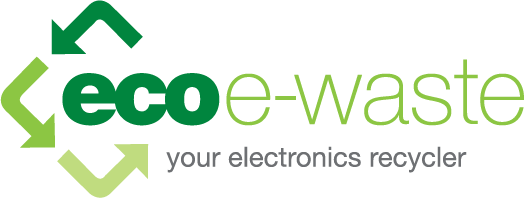what is
e-waste?
If its no longer working & unwanted.
If it has a plug, battery or power cord.
Then it's electronic waste & we recycle it.

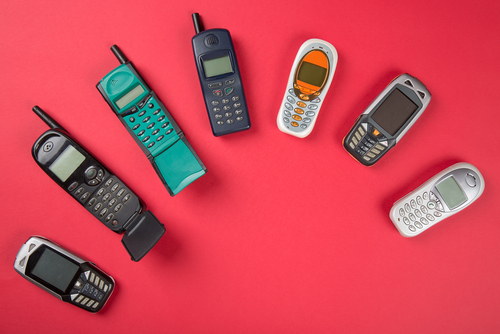




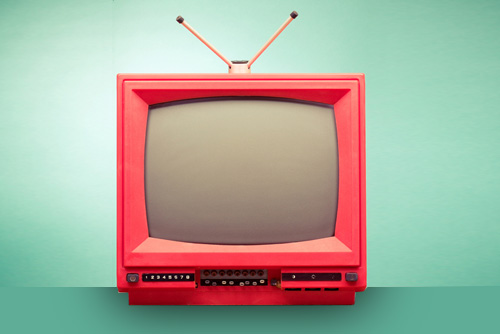
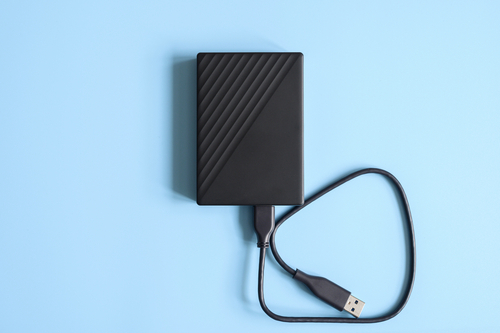
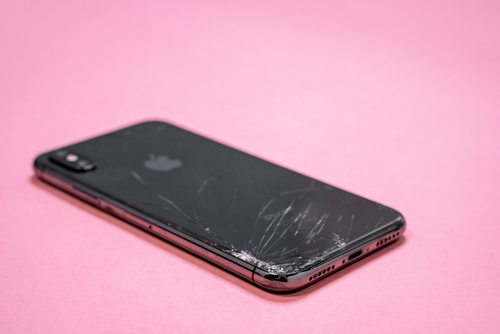
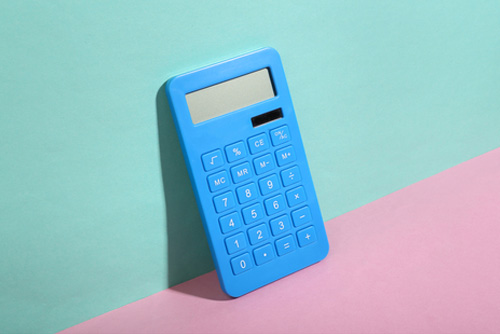




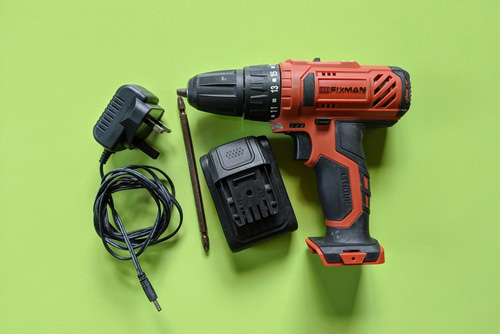



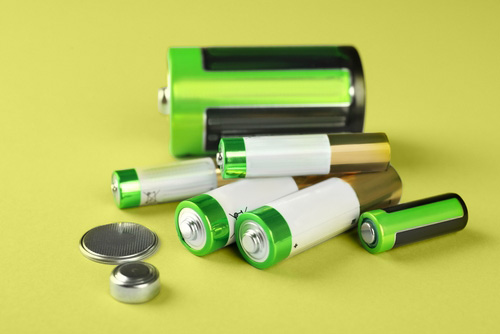
E-waste can be defined as any items with a plug, battery or power cord that’s no longer working or wanted.
Electronic waste, also called e-waste, consists of various forms of electric and electronic equipment that have ceased to be of value to their users or no longer satisfy their original purpose. E-waste products have exhausted their utility value through either redundancy, replacement, or breakage and include both “white goods” such as refrigerators, washing machines, and microwaves and “brown goods” such as televisions, radios, computers, and cell phones.
Given that the information and technology revolution has exponentially increased the use of new electronic equipment, it has also produced growing volumes of obsolete products; e-waste is one of the fastest-growing waste streams. Although e-waste contains complex combinations of highly toxic substances that pose a danger to health and the environment, many of the products also contain recoverable precious materials, making it a different kind of waste compared with traditional municipal waste.

Home Applicances
- Microwaves
- Home Entertainment Devices
- Electric cookers and Air Friers
- Coffee Machines and
- Mixers and Toasters
- Heaters
- Fans
- Household Batteries
Communications and IT Devices
- Mobile phones
- Smartphones
- Desktop Computers
- Computer Monitors
- Laptops
- Circuit boards
- Hard Drives
- USB Sticks
- Power supplies
- Uninterrupted Power Supplies (UPS)
Home Entertainment Devices
- DVDs
- Blu Ray Players
- Stereos
- Televisions
- Video Game Systems
- Fax machines
- Copiers
- Printers
Electronic Utilities
- Massage Chairs
- Heating Pads
- Remote Controls
- Television Remotes
- Electrical Cords
- Lamps
- Smart Lights
- Night Lights
- FitBits
- Smart Watches
- Heart Monitors
- Diabetic Testing Equipment
Office and Medical Equipment
- Copiers/Printers
- IT Server Racks
- IT Servers
- Cords and Cables
- WiFi Dongles
- Phone & PBX systems
- Audio & Video Equipment
- Network Hardware (i.e. servers, switches, hubs, etc.)
- Power Strips & Power Supplies
Uninterrupted Power Supplies (UPS Systems) - Defibrillator

How do I get my e-waste recycled?
E-waste should not be put in your rubbish or recycling bin. Contact your local council who can provide you with guidance as to the drop off point for e-waste.
We collect electrical appliance items deposited at collection stations and while some of these might be non-compliant, we process these as well as recovering the metals from within them.
Frequently Asked Questions
The cost depends on the type and quantity of e-waste. Certain types of E-waste can be dropped off free of charge. For large quantities it is usually cheaper to recycle based on weight plus freight. Contact us now for the best option for your organisation.
This can vary from state to state. E-waste is currently banned from going into landfill in South Australia and Victoria. Most states are introducing bins and promoting recycling to stop this waste going to landfill. Check with your local EPA for more details.
Ecoe-waste is not able to provide a one-off collection service to individuals but works with many local councils who provide e-waste recycling for their residents, as do some retailers. E-waste can also be dropped off at any one of our facilities around the state.
Yes. Recycling Certificates are available on request for commercial quantities
Manual and automated processes are used to maximise the recovery rate of recyclable items. Plastics are recycled into various end products. The leaded glass is treated to recover the lead. Ferrous metals are separated from non-ferrous metals and recycled and remelted; mercury recovered is retired, and printed circuit boards are smelted to recover metals.
We service Australia wide and provide a comprehensive collection service through industry and councils, together with e-waste drop off points at our state offices, in line with our agreement with the NTCRS. We also provide specialized collection events which we advertise in regions where we are conducting other recycling projects.
